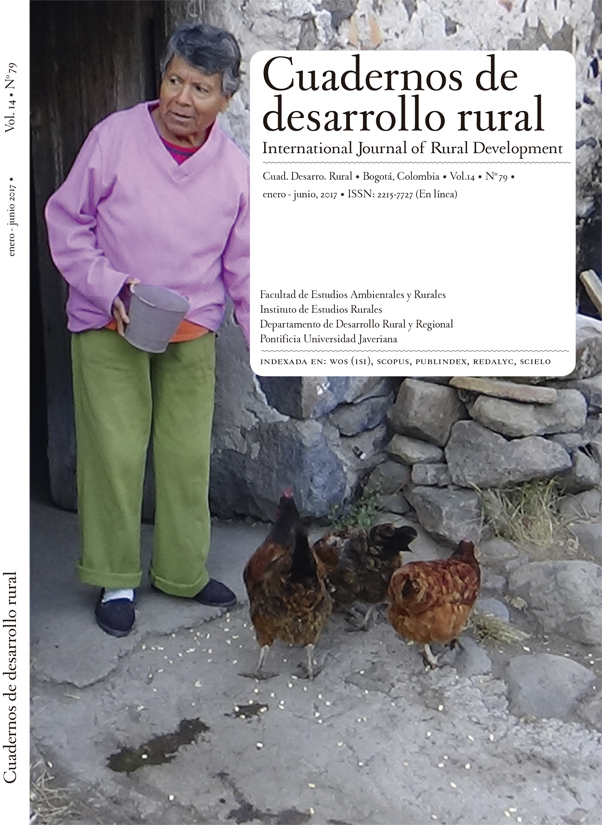Abstract
In 2011, Portugal, suffering the impact of the 2008 crisis, both for internal and external reasons, requested financial assistance from the Troika (IMF/ECB/EU). The Portuguese experienced company bankruptcies, cuts to salaries and pensions, rising unemployment and job insecurity and difficulties in paying their mortgages. Despite severe austerity programs and formal exit of the Troika, Portugal failed to reduce public debt. In this article, after giving a brief overview of development models, we will focus our attention on the impacts of the crisis in rural areas and the diverse perceptions of crisis by different groups and families. As a case study, we will consider the strategies employed by residents of a parish in the municipality of Barcelos (Braga, Minho), to reduce the damage caused by the crisis. Against the mainstream liberal perspective and the traditional Marxist thesis we sustain that rural people adopt an attitude of resiliency in relation to the austerity program and on the basis of empirical qualitative research methods we can witness creative familial strategies to survive: migration, exploiting the potentialities of the land, taking advantage of artisanal and commercial opportunities in order to cope with the difficulties caused by the crisis.
Cuadernos de Desarrollo Ruralis registered under a Creative Commons Attribution 4.0 International Public License. Thus, this work may be reproduced, distributed, and publicly shared in digital format, as long as the names of the authors and Pontificia Universidad Javeriana are acknowledged. Others are allowed to quote, adapt, transform, auto-archive, republish, and create based on this material, for any purpose (even commercial ones), provided the authorship is duly acknowledged, a link to the original work is provided, and it is specified if changes have been made. Pontificia Universidad Javeriana does not hold the rights of published works and the authors are solely responsible for the contents of their works; they keep the moral, intellectual, privacy, and publicity rights.
Approving the intervention of the work (review, copy-editing, translation, layout) and the following outreach, are granted through an use license and not through an assignment of rights. This means the journal and Pontificia Universidad Javeriana cannot be held responsible for any ethical malpractice by the authors. As a consequence of the protection granted by the use license, the journal is not required to publish recantations or modify information already published, unless the errata stems from the editorial management process. Publishing contents in this journal does not generate royalties for contributors.



